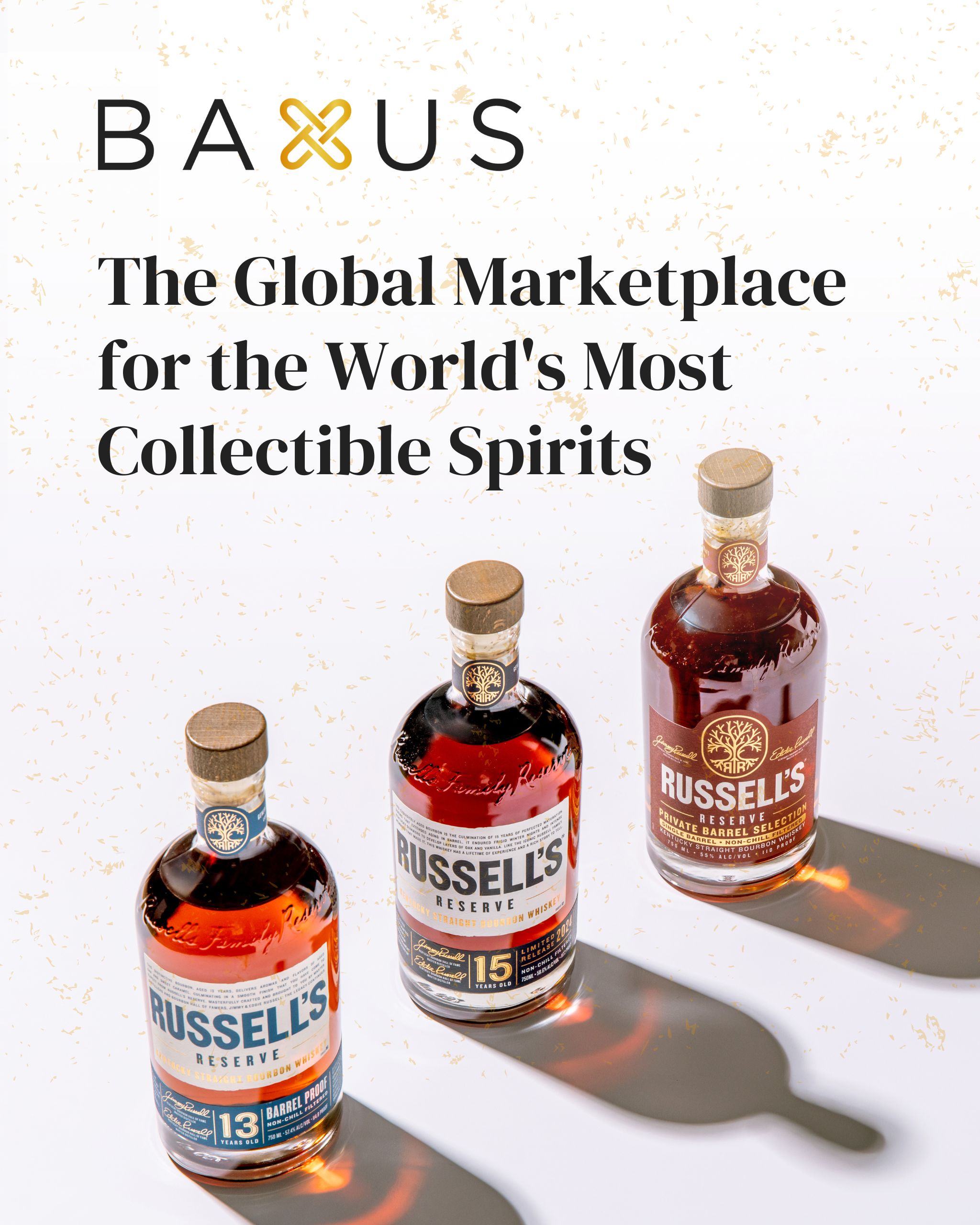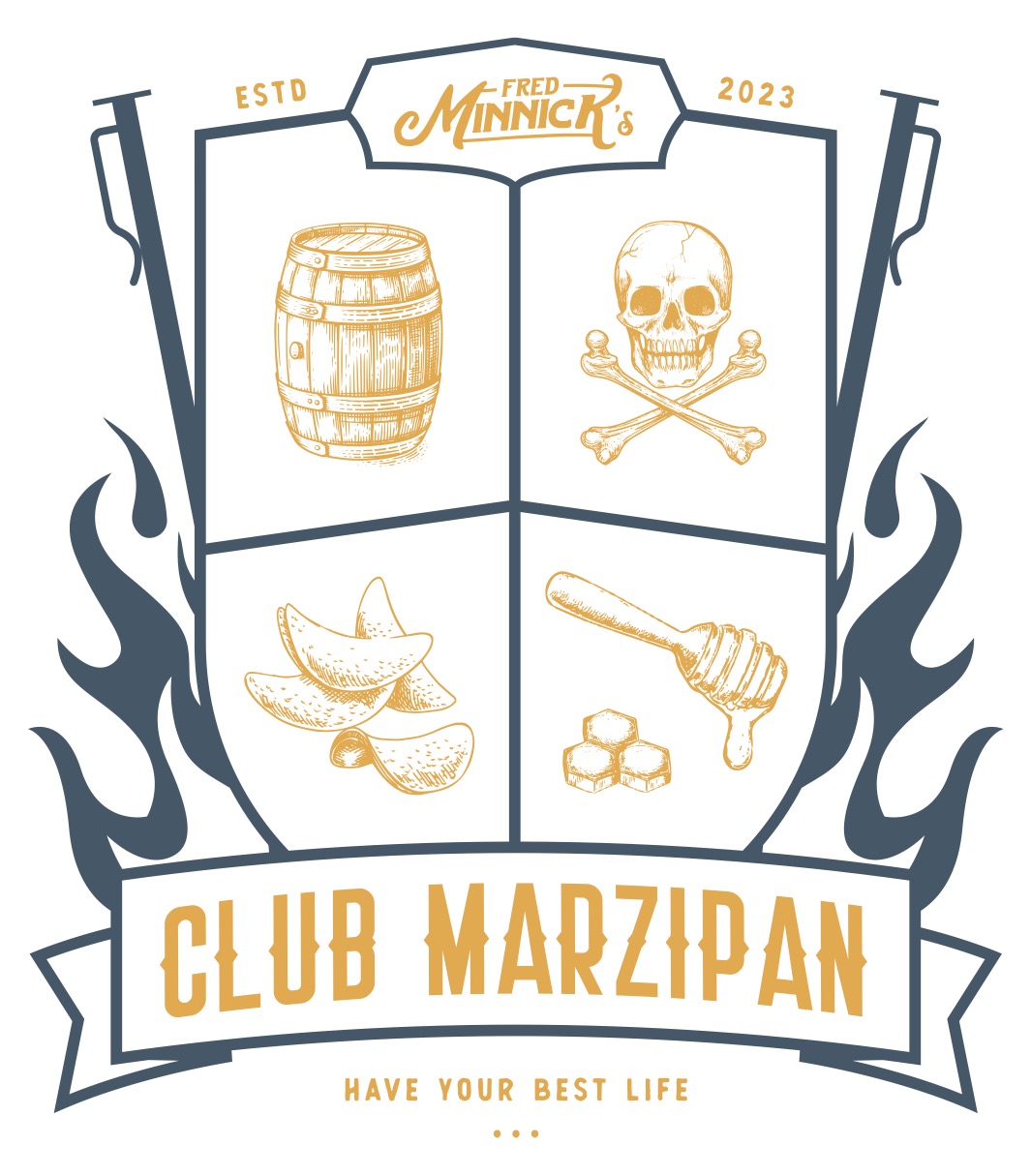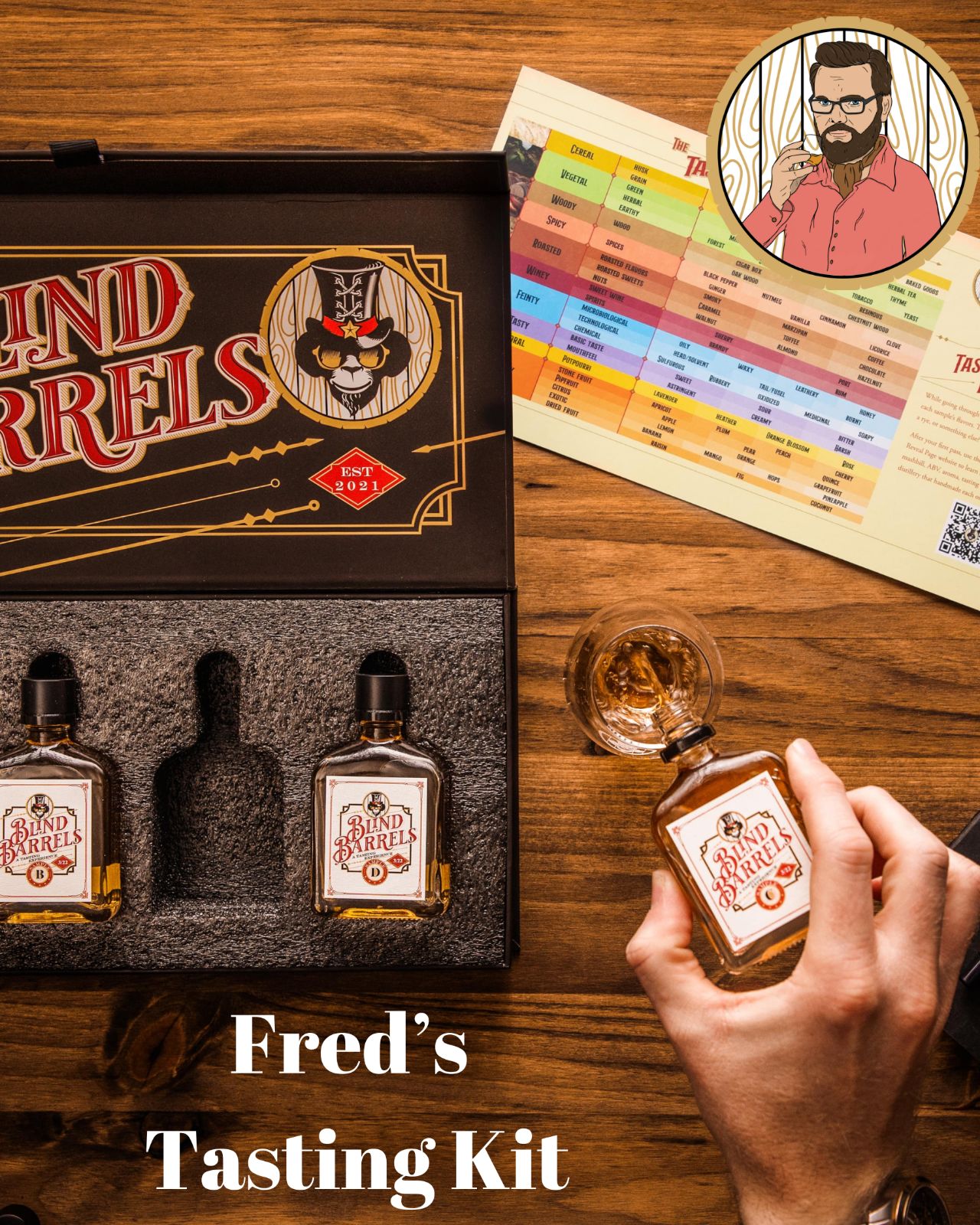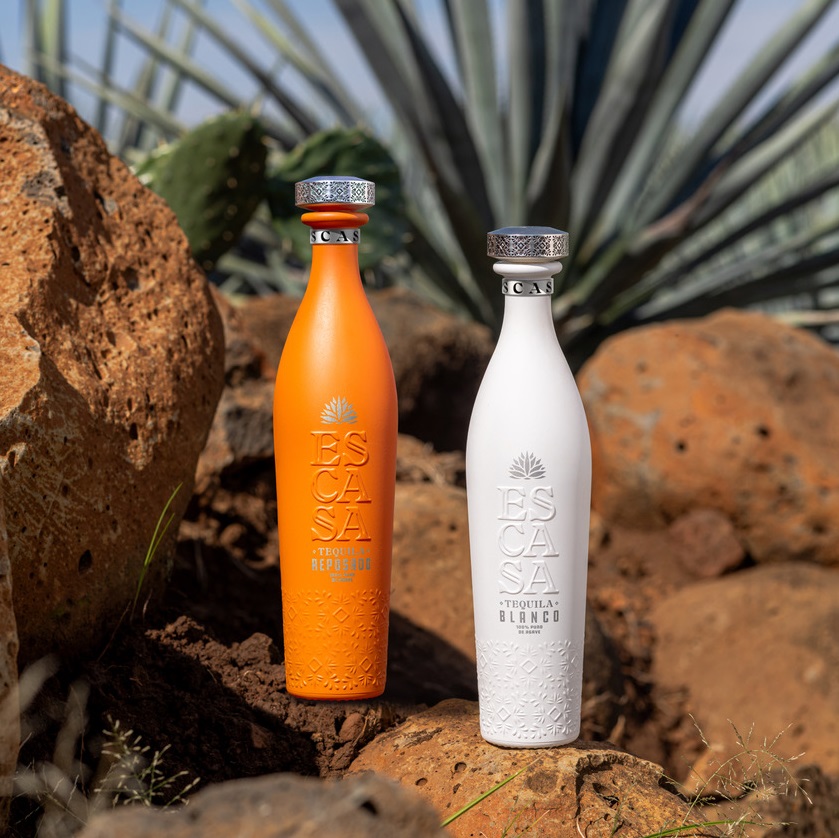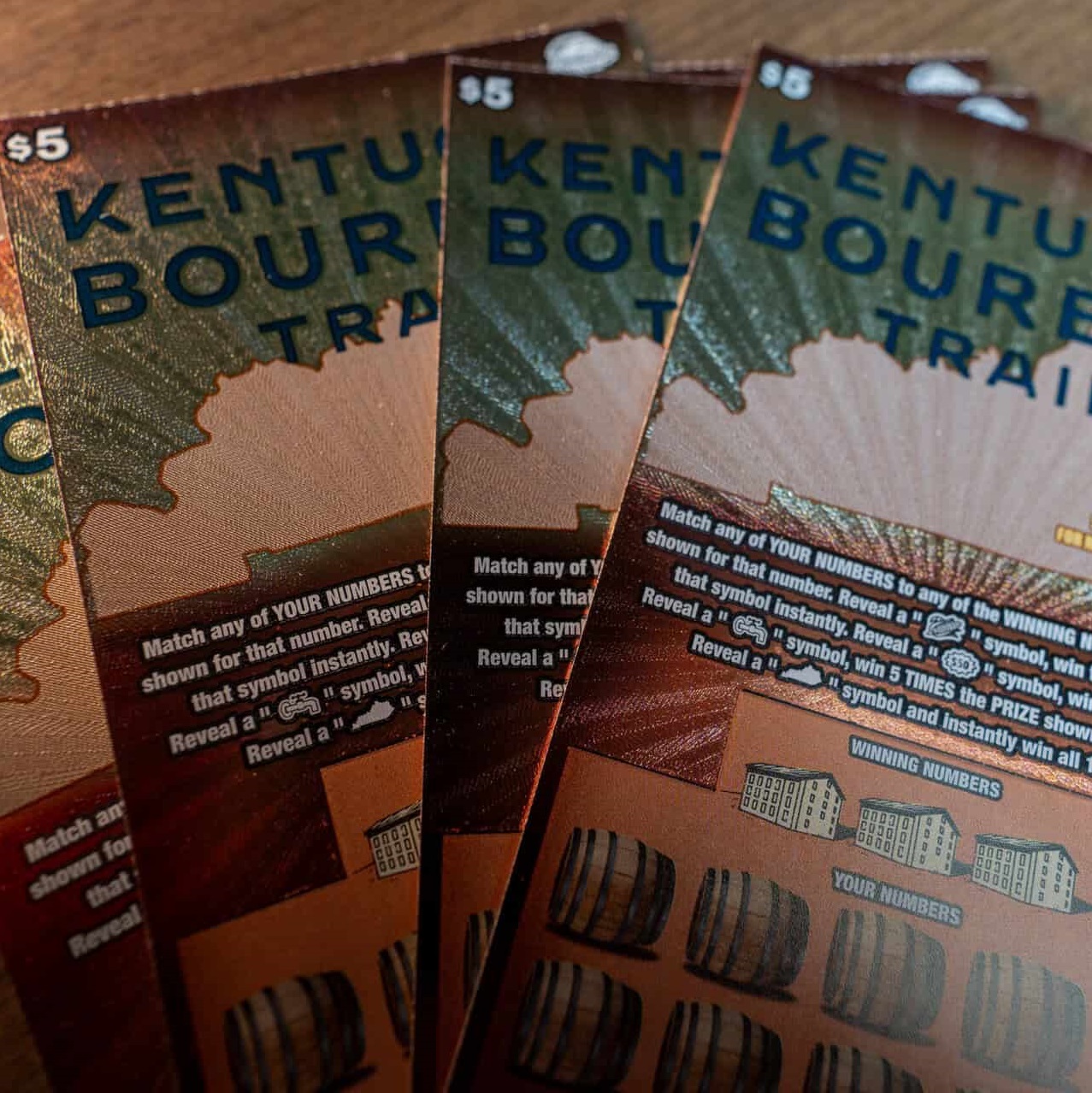Australian Distiller Labels Whiskey ‘Bourbon’; Others Use Term in Marketing
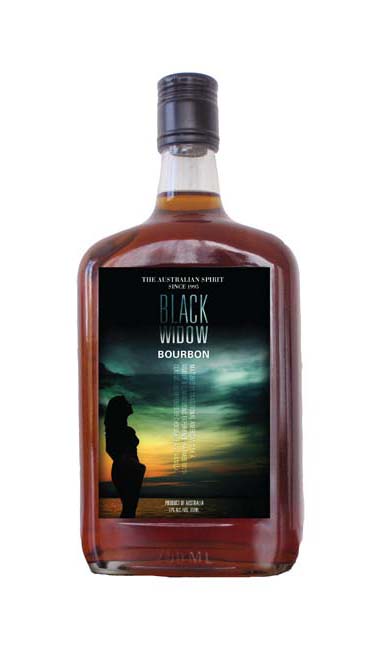
With “bourbon” becoming a strong buzzword, foreign distilleries are using the term in verbal and written marketing. And at least one distiller appears to be labeling its whiskey as bourbon. The 1964 Congressional Resolution made bourbon “a distinctive product of the United States,” giving the spirit geographical protection ratified by other countries.
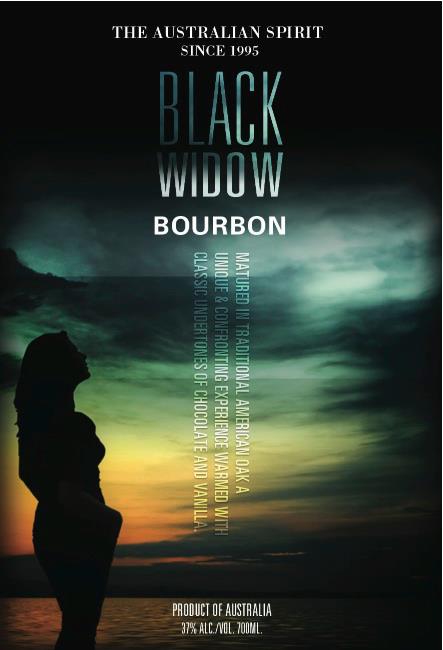 Australia’s Bluestill Distillery is actually using “bourbon” on the label. In a September 2, 2011, Facebook posting, Bluestill Distillery said its Black Widow Bourbon: “Australian-made bourbon that seriously rivals those from Kentucky.” I have never tasted this product, seen it in person or viewed the back label, but the front label says the bourbon is a “product of Australia.” I’ve contacted Bluestill Distillery for more information.
Australia’s Bluestill Distillery is actually using “bourbon” on the label. In a September 2, 2011, Facebook posting, Bluestill Distillery said its Black Widow Bourbon: “Australian-made bourbon that seriously rivals those from Kentucky.” I have never tasted this product, seen it in person or viewed the back label, but the front label says the bourbon is a “product of Australia.” I’ve contacted Bluestill Distillery for more information.
The Kentucky Distillers Association and Distilled Spirits Council of the United States consider Black Widow Bourbon a violation of the free trade agreement with the US and Australia. The matter has been reported to the United States Trade Representative’s office.
In a May 18, 2004, letter from Australia’s Minister for Trade Mark Vaile to U.S. Trade Representative Robert B. Zoellick, during the U.S.-Australian Free Trade Agreement discussions, the Australian government agreed to: “not permit the sale of any product as Bourbon Whiskey or Tennessee Whiskey, unless it has been manufactured in the United States according to the laws of the United States….” This letter was included in the notes of the 2005 U.S.-Australian Free Trade Agreement.
There are several other instances in which Australian producers have used bourbon in their marketing. Tiger Snake Sour Mash Whiskey distiller Cameron Syme has said the inspiration was “great Tennessee whiskeys and Kentucky bourbons.” But Syme understands bourbon is a geographic indicator, which is why he pursued “Sour Mash.”
In this YouTube.com interview, Whipper Snapper Distillery’s Alasdair “Al” Malloch describes the whiskey as “bourbon style.” On the website, the company says the company’s distilling history can be traced backed to Colorado and Scotland after World War II. Intrigued, I contacted the startup.
“We have been making bourbon in the US and will make it the same way here, so made as a bourbon-styled whiskey, but US law prevents it from being called Bourbon if it is made outside of the US,” Malloch wrote in an email. “Australia has ratified these laws through the Australian-US Free trade agreement. So, no, we will not be calling it bourbon or labeling it as bourbon.”
Look, I applaud Australia’s distilling culture and am all for its growth. I also love the idea of them pursuing bourbon-style whiskeys. This will give us some fun comparative tastings, but I can’t see the American bourbon industry allowing any loose use of the term “bourbon.”
Bourbon is hotter than it’s ever been. Imitation is the sincerest form of flattery, as they say, but it’s also the quickest way to land in the courtroom. Much like the American Single Malt producers stay away from using “Scotch,” it’s best foreign distillers tread lightly with the term.
1964 Congressional Resolution
……Whereas among the standards of identity which have been established
are those for “Scotch whisky” as a distinctive product of Scotland,
manufactured in Scotland in compliance with the laws of Great
Britain regulating the manufacture of Scotch whisky for consumption
in Great Britain and for “Canadian whisky” as a distinctive
product of Canada manufactured in Canada in compliance with
the laws of the Dominion of Canada regulating the manufacture of
whisky for consumption in Canada and for “cognac” as grape brandy
distilled in the Cognac region of France, which is entitled to be so
designated by the laws and regulations of the French Government;
and
Whereas “Bourbon whiskey” is a distinctive product of the United
States and is unlike other types of alcoholic beverages, whether
foreign or domestic…..



